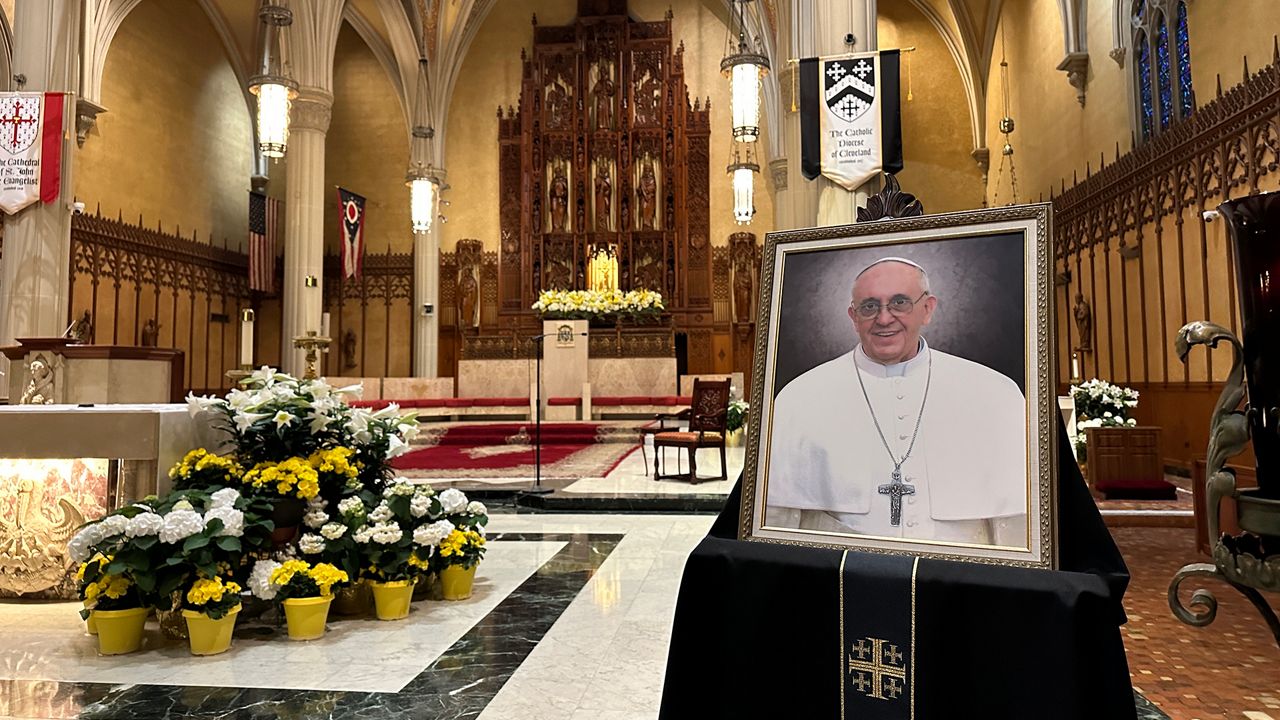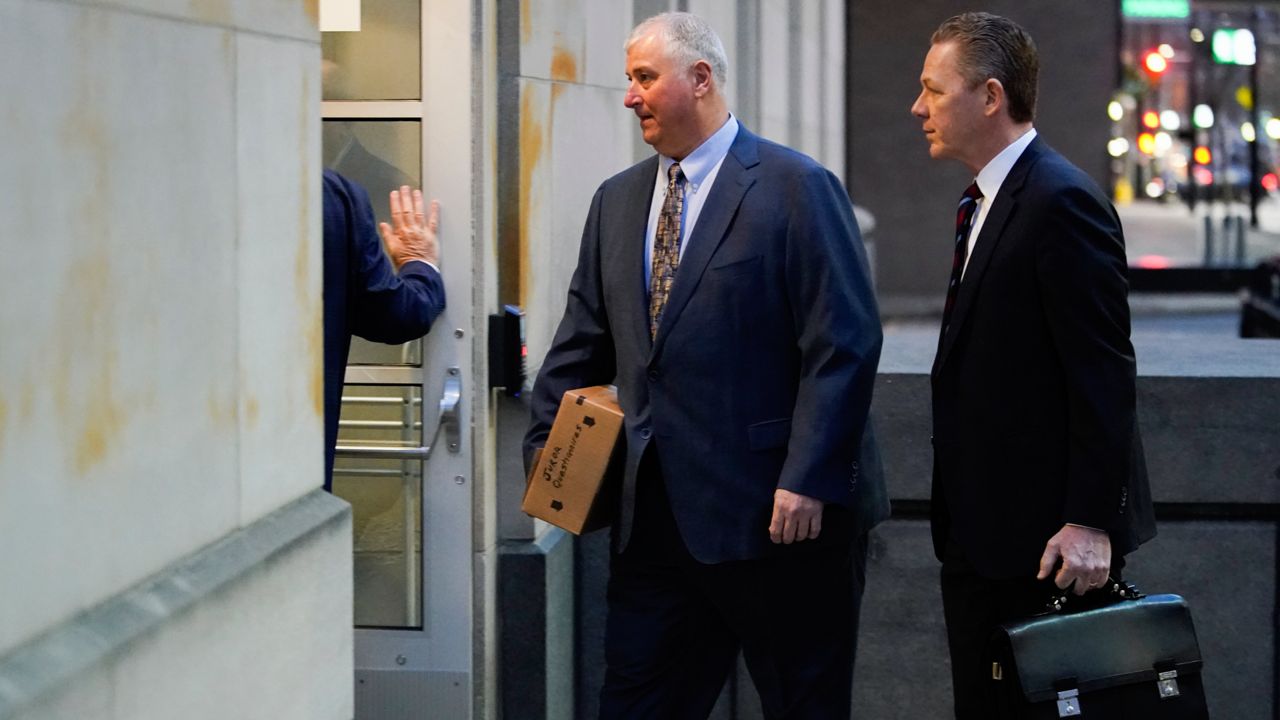COLUMBUS, Ohio — The petitioners in a legislative redistricting lawsuit before the Ohio Supreme Court want Ohio Redistricting Commission members to show why they should not be in contempt of court.
What You Need To Know
- The National Redistricting Action Fund renewed its motion for an order asking the Republican commissioners to produce evidence why they should not be held in contempt
- Republicans diverted from the bipartisan plan involving two independent mapmakers the commission hired to draw new legislative maps
- They instead adopted tweaks to the third set of legislative maps their own mapmaker made
- Ohio Senate Republican Caucus Spokesperson John Fortney said the timeline was too tight to get constitutional maps and the maps the independent mapmakers had drawn had serious concerns
On Tuesday, the National Redistricting Action Fund led by former U.S. Attorney General Eric Holder renewed its motion for an order asking the Republican commissioners to produce evidence why the Ohio Supreme Court should not criminally punish them.
“This last action by Republicans on the commission would be almost funny if it were not so consequential and nakedly partisan,” said Holder. “Ohio runs the risk of becoming a punchline to a bad joke. Some Republicans in Ohio are bound and determined to ignore the state Supreme Court, the Ohio Constitution, independent map drawers and electoral fairness to try to hold on to illegitimate electoral advantage. This farce must end. It is time for responsible Republicans, like Gov. DeWine, to force compliance with the law and finally serve the people of the state.”
The national-level Democrats said the Republican commissioners “hijacked” the bipartisan process to redraw the fourth set of Ohio House and Senate maps Monday to protect their own incumbents.
Ohio’s Supreme Court justices previously told the commissioners they should not do that.
Also Monday, Republicans diverted from the bipartisan plan involving two independent mapmakers the commission hired to draw new legislative maps and instead adopted tweaks to the third set of legislative maps their own mapmaker made.
Again, something the justices said the commission should not do.
Ohio Senate Republican Caucus Spokesperson John Fortney said the timeline was too tight to get constitutional maps and the maps the independent mapmakers had drawn had serious concerns.
The justices will have to think about contempt while also reviewing the maps submitted by the commission. Plaintiffs in the lawsuit want the commission to respond by Wednesday and for the court to hold a contempt hearing Thursday.
Commissioners had a previous contempt hearing waived after they adopted the third set of legislative maps last month.
Meanwhile, aside from refusing to give up its supermajority at the Statehouse, Democrats and voting rights advocates are accusing Republicans of veering away from the bipartisan process Monday for another reason having to do with a federal court case.
On Wednesday, there is a hearing in U.S. District Court in Columbus about the chaos surrounding the May 3 primary and how legislative candidates are no longer a part of it. Republican voters have challenged that because they want a full primary May 3 with the third set of maps the Ohio Supreme Court rejected.
Democrats and voting rights groups said the Republicans did what they did with the fourth set of maps Monday night to put the plaintiffs in a better position to convince the federal court judges to accept the maps.
“Far left special interest groups directed by Eric Holder’s NDRC have undermined the constitution and created a constitutional crisis through a sue until its blue strategy,” Fortney said in a statement. “These groups aren’t advocates for voters, they simply want the courts to give them what voters won’t.”
If the federal court accepts the maps, it would circumvent the Ohio Supreme Court. The federal judges could also decide to stay out if it and leave it up to the Ohio Supreme Court. The judges could also move the May 3 primary back and/or appoint a special master to redraw the legislative maps.











